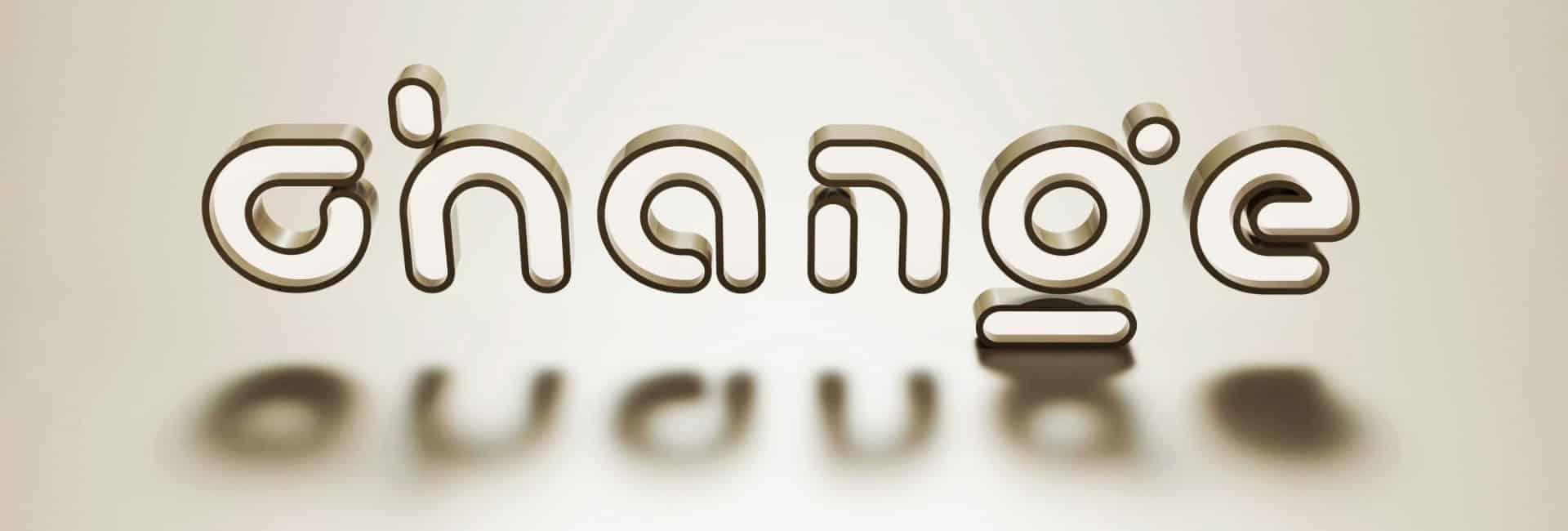
Used under a Creative Commons Licence
Don’t Skip the Trade Mark Search: Lessons from the “ZIP” Case
Why the Firstmac v Zip Case Shows Why You Need a Trade Mark Lawyer
The recent Federal Court decision in Firstmac Ltd v Zip Co Ltd [2025] FCAFC 30 has changed the way trade marks are understood and enforced in Australia.
The Court held that Zip’s use of “ZIPPAY” and “ZIPMONEY” infringed Firstmac’s earlier “ZIP” registration.
Now, what’s interesting about the case is that the Court made it clear that if you push ahead with a brand after being warned of possible risks—for example, by your own lawyers—you may later lose the ability to rely on “honest concurrent use” as a defence.
In other words, the defence only really works if you can show that you genuinely believed you were in the clear at the time you adopted the brand. If you had red flags in front of you and chose to ignore them, the Court is unlikely to accept that your use was truly “honest.”
For businesses, this case is a reminder that trade mark clearance is not just a box-ticking exercise. It’s a crucial step that can save you from legal disputes, wasted rebranding, and significant loss of goodwill.
In other words, skipping or rushing the search stage might feel like a shortcut, but it can cost you dearly later—both in money and in reputation. Taking the time to do proper searches upfront is like buying insurance for your brand.
Why this case matters for your business
Choosing a new brand name is exciting, but it can also be risky if you don’t do the right checks. Adopting a name that’s too close to an existing trade mark could mean lawsuits, forced rebrands, and reputational damage.
That’s where trade mark lawyers like us step in. At Sharon Givoni Consulting, we carry out detailed trade mark searches to give you comfort before you invest time, money and energy into building your brand. We don’t just type a name into a public database and stop there—we look widely and strategically.
Our process usually includes:
- Official trade mark searches through the IP Australia register to identify existing or pending marks that could block your application.
- Common law searches, which look beyond the register to see if other businesses are already using the name in practice (for example in business names, websites, or social media). These uses, even if not registered, can still cause legal headaches.
- Company and domain name checks, to spot potential conflicts in the market.
All of this is pulled together into a clear written report with practical recommendations. This means you’ll know whether your chosen name is safe to move forward with, or if it’s better change the name.
The Firstmac v Zip decision shows that the courts now expect businesses to take red flags seriously. If an examiner at IP Australia raises an objection—or if your lawyer highlights a potential conflict—you can’t simply ignore it. Proceeding anyway may not be considered “honest”.
As Benjamin Franklin once said:
“An ounce of prevention is worth a pound of cure.”
We think that in trade mark terms, a well-timed clearance search is that ounce of prevention.
So lets look at the facts of the case
Under Australian trade mark law, infringement happens when a later brand is deceptively similar to an earlier registered mark used for the same or related goods or services. There is a possible defence called “honest concurrent use,” but it only works if the later brand was adopted carefully, in good faith, and without ignoring red flags.
In this case, Firstmac had registered the “ZIP” trade mark back in 2004. Years later, Zip Co launched “ZIPPAY” and “ZIPMONEY.” At first, the Court accepted Zip’s argument that it had been using its marks honestly alongside Firstmac’s. But on appeal, the judges found that “ZIP” was the dominant feature, that ZIPPAY and ZIPMONEY were too close, and that Zip couldn’t rely on honest concurrent use because it had pushed ahead despite warnings from examiners and lawyers.
Here are some trade mark tips
- Don’t risk it: Choosing a name without checks can lead to disputes and expensive rebrands.
- Take advice early: Clearance advice is now more important than ever.
- Be strategic: Sometimes the smartest move is to pivot early to avoid long-term battles.
How we can help
We:
- Help you turn your ideas into assets®—giving practical advice in legal ease, not legalese®.
- Run comprehensive trade mark searches in Australia and overseas.
- Provide clear advice on risks and options in plain English.
- File applications and respond to examiner objections.
- Negotiate with earlier trade mark owners if needed.
- Help you secure strong, defensible brands that add value to your business.
- Give practical and client-focused: we help you protect your brand and invest with confidence.
If you want your brand to be safe, distinctive, and valuable, let us help you get it right from the start.
Read the full decision here: Firstmac Ltd v Zip Co Ltd [2025] FCAFC 30
Please note the above article is general in nature and does not constitute legal advice.
Please email us info@iplegal.com.au if you need legal advice about your brand or another legal matter in this area generally.


